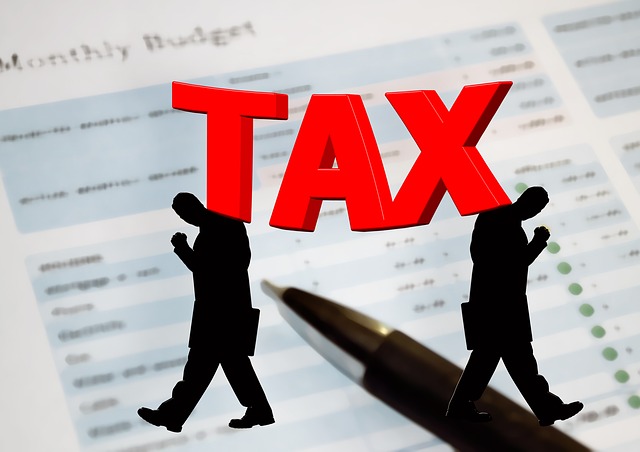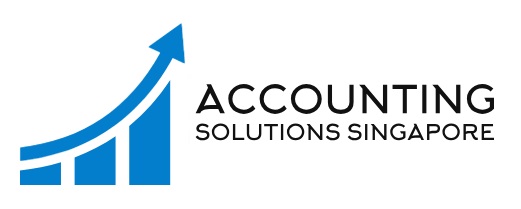
The Singapore Government offers tax reliefs and rebates to pursue various economic and social objectives actively. Individuals, who are Singapore tax residents, enjoy these concessions as long as they meet certain qualifying criteria.
Some tax reliefs are designed to promote parenthood, family development, and skill upgrading through approved professional courses. Besides that, Singapore prepares its workforce to be at the forefront of the global technological boom.
1. Earned Income Relief
IRAS grants earned income relief to eligible tax resident employees and those individuals involved in trade or business. Individuals receive income relief based on your age (as of 31 Dec in the year of assessment).
- SGD 1,000 for below age 55
- SGD 6,000 for age 55 to 59
- SGD 8,000 for age 60 and above
Individuals do not need to apply for the above as IRAS grants this relief automatically upon processing the tax return.
2. Course Fees Relief
Singapore strives to remain relevant in today’s global economy by encouraging people to continue to learn and enhance their skill set. This relief is for individuals who paid for approved academic, professional or vocational courses that are related to their current career or lead to a recognised qualification.
The individual must be currently employed or have held a job in the past. Courses for recreation or leisure purposes (i.e. Microsoft office skills, basic website design, photography, sports courses, social media skills, etc.) are not eligible.
The maximum claim for Course Fees Relief is SGD 5,500 each year. Individuals can claim only the paid course fees that were not reimbursed by his employer in the year of assessment.
3. CPF Cash Top Up For Personal or family’s CPF Accounts
The Singapore government encourage citizens and permanent residents to save more for their retirement. When the individuals make cash top-ups into these CPF accounts – Special Account (below age 55) or Retirement Account (age 55 and above), IRAS grants the personal income tax reliefs automatically.
This relief applies to individuals who make top-ups to their parents’, parents-in-law’s, grandparents’, siblings’, or spouse’s Special or Retirement accounts.
The cap for this relief is at SGD 14,000 per Year of Assessment (maximum SGD 7,000 for the Individual and maximum SGD 7,000 for family members).
4. Supplementary Retirement Scheme Contributions
The Supplementary Retirement Scheme (commonly known as SRS) is a voluntary retirement savings scheme run by the private sector.
This scheme uses the fund to purchase restricted investment instruments and aim to encourage individuals to save more for retirement. The profits made will continue to build up in the SRS account and are tax-free.
For Singapore citizens and Permanent Residents, with effect from year of assessment 2017, the maximum annual SRS contribution is SGD 15,300. Individuals should make yearly SRS contributions before 31 December to claim SRS tax relief.
At retirement, individuals will only pay tax on 50% of withdrawal from the SRS account.
5. Foreign Maid Levy Relief
The government encourages women (married, widowed or divorced) with school-going children to stay in the workforce.
They can claim relief for foreign maid levy paid. For example, the husband pays the foreign maid levy of SGD 3,180 in the current tax year.
His wife can claim tax relief of SGD 6,360, which is twice the amount he paid in the same tax year.
Singles and married men are not eligible for this relief.
6. Parenthood Tax Rebate
Singapore’s population growth rates continue to fall. As such, the government introduced PTR to encourage tax residents to have more children.
Eligible tax resident parents (married, divorced, or widowed) may claim tax rebates (up to SGD 20,000 per child).
7. Claim Employment Expenses
Employment expenses are expenses incurred “wholly and exclusively” as you carry out your official work duties.
Your company does not reimburse these expenses, and these are not private in nature.
You can claim this allowable expenditure against your employment income and supported by evidential documentation such as invoices and vouchers.
8. Make a Charitable Donation
Donations made to approved Institutions of Public Charter (IPC) such as the Singapore Red Cross Society are deductible from your employment income.
This tax deduction encourages Singaporeans to give back to the community.
Donation to approved IPC from 1 January 2016 and 31 December 2021 qualifies for a 250% tax deduction.
For example, your total statutory income is SGD 100,000, and you made an approved donation of SGD 10,000 to IPC.
The amount of deductible donation is SGD 25,000 (SGD 10,000 times 2.5). As such, the assessable income for the year of assessment is SGD 75,000.
9. Claim for Rental Expenses (tenanted residential property)
Rental income received from investment properties in Singapore are taxable.
You can claim rental expenses incurred in the production of the rental income during the tenancy period.
Rental allowable expenditures include interest paid on the mortgage, property tax, fire insurance, repair & maintenance, agent commission and management fee.
IRAS simplifies the tax filing process and pre-fill a deemed rental expenses (at 15% times gross rental) on the tax form.
Property owners can also claim interest on the mortgage for the tenanted residential property.
IRAS may verify supporting documents (i.e. bank letters on mortgage interest), and property owners should keep these for at least five years.
10. Claim Qualifying Business Expenses (for business owner)
For self-employed (i.e.freelancer, plumber, electrician or private tutor), these are business expenses incurred in the production of the income.
Operating expenses that qualify for tax deduction include public transportation, advertisements to promote your business, accounting services, company secretarial services, printing, and utility bills.
On the other hand, certain expenses are not deductible (i.e. penalties, late fees and interest payment on assets that do not produce an income).
11. Personal Income Tax Relief Cap (from YA 2018)
From the Year of Assessment (YA) 2018, the maximum personal income tax reliefs is SGD 80,000 per YA.
Should you need assistance or would like to find out more about Personal Tax services in Singapore, please send an email to Contact@AccountingSolutionsSingapore.com, and our business advisor will contact you.

2 Responses
Currently my income tax is under non filing requirements.
If I apply for the SRS account & deposited let says 15k into it , will I need to inform income tax, for the tax free benefit ?
Hi Swee Peng,
We have received your message and our team will reach out to you shortly.
Thank you.
Best regards,
Kristy Wong
Client Manager